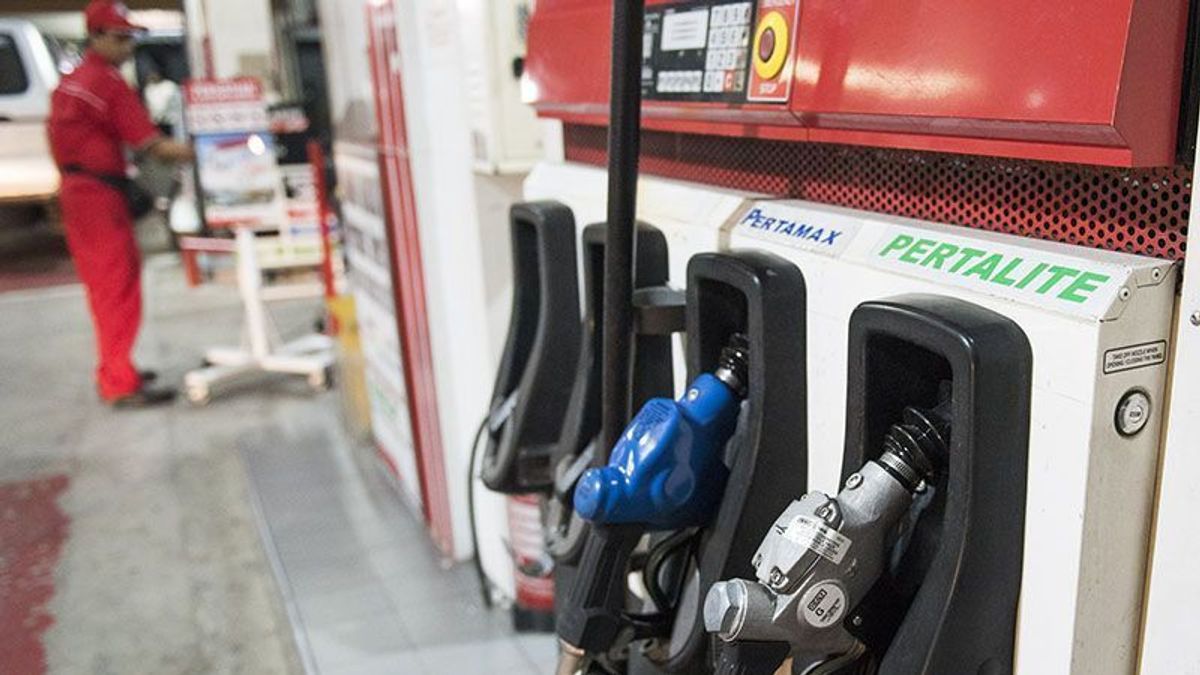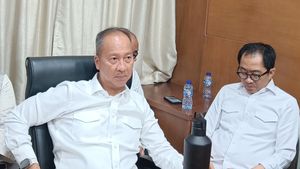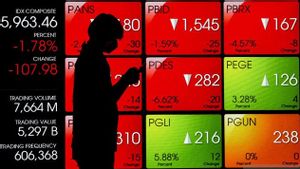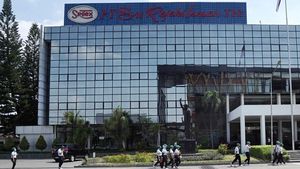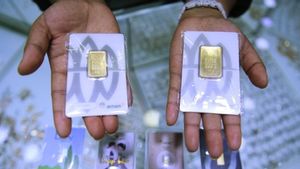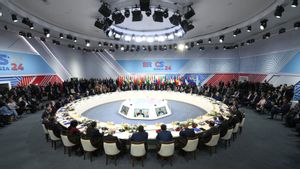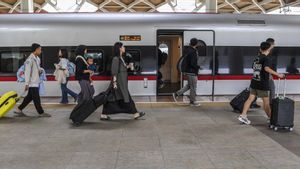JAKARTA - The price adjustment of subsidized fuel oil (BBM) is increasingly inevitable, as a result of the increase in world crude oil prices.
This price adjustment will have an impact on people's purchasing power because there will be an increase in the price of goods and services.
Energy Watch Executive Director, Mamit Setiawan said that the plan to adjust the subsidized fuel price was right and inevitable.
Through this increase, said Mamit, it can reduce the burden of energy subsidies which are currently very high at Rp502 trillion.
If subsidized fuel is really raised, said Mamit, ideally it will be at Rp. 10,000 per liter for Pertalite type fuel, and subsidized diesel at Rp. 8,500 per liter.
"This increase is quite rational and not too burdensome for the community. I don't think inflation will be too high because of the increase. Hopefully, it will still be below 1 percent of the additional inflation burden due to the increase in subsidized fuel," he said in an official statement quoted Friday, 26 August.
Mamit said that it was enough for Indonesia to provide subsidies to commodities that would only burn money on the road.
According to him, subsidies should be transferred directly to the poor and other sectors in need. Such as education, health and so on.
Even so, Mamit did not deny that the increase in subsidized fuel prices would certainly have an impact on people's purchasing power.
Therefore, if the government is forced to raise subsidized fuel prices, there are several things that need to be done, namely:
1. Give Stimulus
Mamit said, the increase in fuel prices will have an impact on rising prices for goods and services that must be paid by the community.
Therefore, the government must provide a stimulus to maintain the purchasing power of the affected people.
"All that remains is that the government must provide additional stimulus for affected communities. For example, by providing direct cash assistance (BLT) or other policies for vulnerable communities. Especially in the midst of economic conditions that have not fully recovered after the COVID-19 pandemic," said Mamit.
Mamit said that the increase in fuel prices could have a social impact on society which could result in disruption of the investment climate in Indonesia.
"I think that many elements of society will do the rejection. It's just a matter of how the government can control the social impacts. Can it be immediately secured or will it be sustainable," he explained.
In addition, said Mamit, demands for wage increases will inevitably occur along with the increasing economic burden that must be borne.
"So we return everything to the government whether it is ready for these conditions. This increase will certainly provide fiscal space for the government in managing our state budget finances," he said.
2. Limit the Use of Subsidized Fuel
Mamit agreed that it was necessary to adjust the fuel price to reduce the burden on state finances.
However, according to him, this is not enough. He said the government must also regulate the use of subsidized fuel and ensure that it can be enjoyed by the people who are entitled to it.
"I think the other solution that I have been waiting for is the revision of Perpres 191/2014. This will be key if the government does not increase the price of subsidized fuel. Through the revision of the presidential decree, it is hoped that there will be firmness from the government regarding the criteria for individuals and vehicles that are entitled to receive benefits," he said. .
For example, said Mamit, Pertalite type fuel is only for two-wheeled vehicles and yellow plate public transportation or MSME vehicles, agriculture, fishermen and other fields that get recommendations from the relevant authorities.
"Solar is only for yellow plate public transportation vehicles with a maximum of 6 wheels, not for mining and plantation vehicles. The amount that can be filled is also only 100 liters per day. This will greatly help the government in keeping quotas and subsidies on target," he said.
In addition, said Mamit, Pertamina as an operator must also balance the availability of fuel at gas stations.
The goal is to avoid scarcity or long queues.
The English, Chinese, Japanese, Arabic, and French versions are automatically generated by the AI. So there may still be inaccuracies in translating, please always see Indonesian as our main language. (system supported by DigitalSiber.id)
